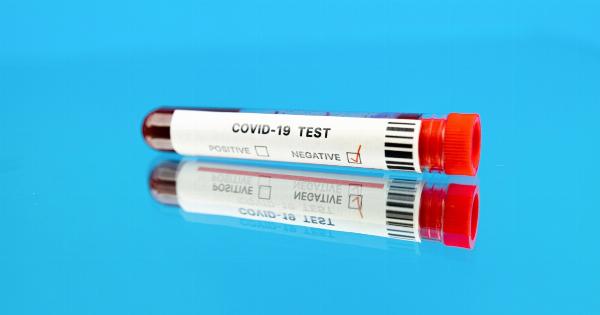Are you experiencing changes in your body and wondering if you might be pregnant? Whether you’re actively trying to conceive or just concerned about a potential pregnancy, it’s important to know the signs and symptoms to look out for.
This article will provide a comprehensive guide to help you understand the various indicators that might suggest you are pregnant.
1. Missed Period
One of the most common signs of pregnancy is a missed period. If you have a regular menstrual cycle and your period is significantly late, it could be an indication that you’re pregnant.
2. Breast Changes
Pregnancy hormones can lead to noticeable changes in the breasts. You might experience tenderness, swelling, or even darkening of the areolas.
3. Fatigue
Feeling more tired than usual? Pregnancy can cause extreme fatigue due to hormonal changes and increased blood production.
4. Nausea and Morning Sickness
Nausea, often accompanied by vomiting, is commonly referred to as morning sickness. However, it can occur at any time of the day. If you’re experiencing persistent queasiness, it could be an early sign of pregnancy.
5. Increased Urination
If you find yourself making more trips to the bathroom than usual, it could be due to hormonal changes that increase blood flow to the kidneys.
6. Food Cravings and Aversions
Craving certain foods or having a sudden aversion to smells or tastes you once enjoyed? These changes in food preferences are often associated with pregnancy.
7. Mood Swings
Pregnancy hormones can also affect your mood. If you’re experiencing heightened emotions, irritability, or sudden mood changes, it could be a sign of pregnancy.
8. Abdominal Bloating
Experiencing abdominal bloating similar to what you might feel before your period? It could be a result of hormonal changes and increased progesterone levels.
9. Changes in Vaginal Discharge
Pregnancy can cause an increase in vaginal discharge, which might appear thicker and milky white.
10. Positive Home Pregnancy Test
Using a home pregnancy test can provide a definitive answer. These tests detect the presence of the pregnancy hormone hCG (human chorionic gonadotropin) in your urine.
Keep in mind that while these signs and symptoms are commonly associated with pregnancy, they are not definitive proof. If you suspect pregnancy, it’s best to consult with a healthcare professional who can provide accurate testing and guidance.






























